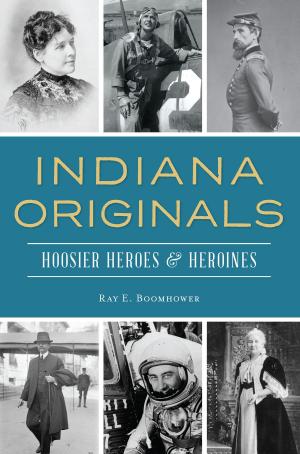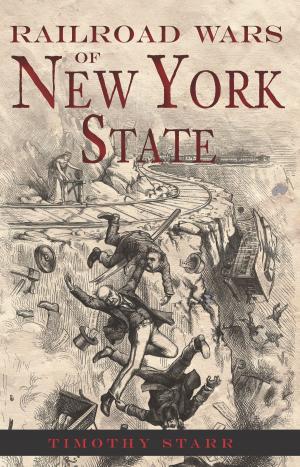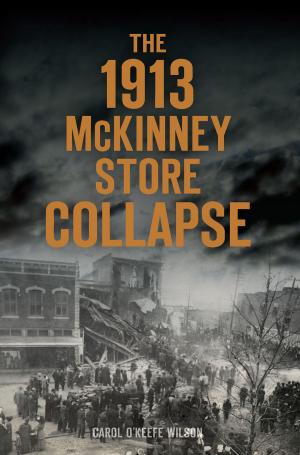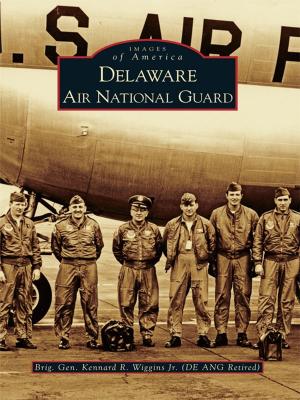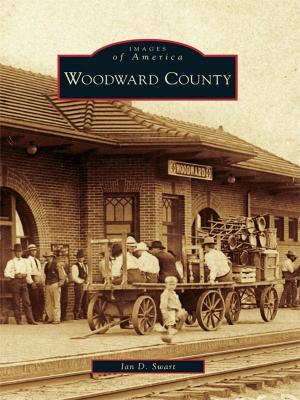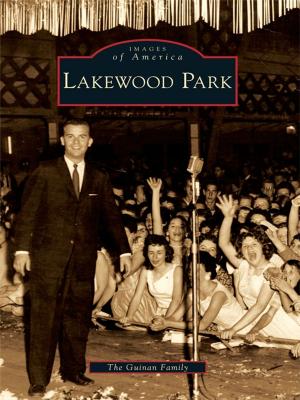Lost Airports of Chicago
Nonfiction, Reference & Language, Transportation, Aviation, Commercial, History, Art & Architecture, Photography| Author: | Nicholas C. Selig | ISBN: | 9781614238614 |
| Publisher: | Arcadia Publishing Inc. | Publication: | February 12, 2013 |
| Imprint: | The History Press | Language: | English |
| Author: | Nicholas C. Selig |
| ISBN: | 9781614238614 |
| Publisher: | Arcadia Publishing Inc. |
| Publication: | February 12, 2013 |
| Imprint: | The History Press |
| Language: | English |
To book a ride on the "World's Shortest Airline" or learn aerial stunts from the redheaded widow of Lawrence Avenue, you've got to go through the airports buried beneath the housing developments and shopping malls of Chicagoland. Many of these airports sprang up after World War I, when training killed more pilots than combat, and the aviation pioneers who developed Chicago's flying fields played a critical role in getting the nation ready to dare the skies in World War II. Author Nick Selig has rolled wheels on his fair share of Chicago's landing strips but faces an entirely new challenge in touching down in places being swallowed by a city and forgotten by history.
To book a ride on the "World's Shortest Airline" or learn aerial stunts from the redheaded widow of Lawrence Avenue, you've got to go through the airports buried beneath the housing developments and shopping malls of Chicagoland. Many of these airports sprang up after World War I, when training killed more pilots than combat, and the aviation pioneers who developed Chicago's flying fields played a critical role in getting the nation ready to dare the skies in World War II. Author Nick Selig has rolled wheels on his fair share of Chicago's landing strips but faces an entirely new challenge in touching down in places being swallowed by a city and forgotten by history.

